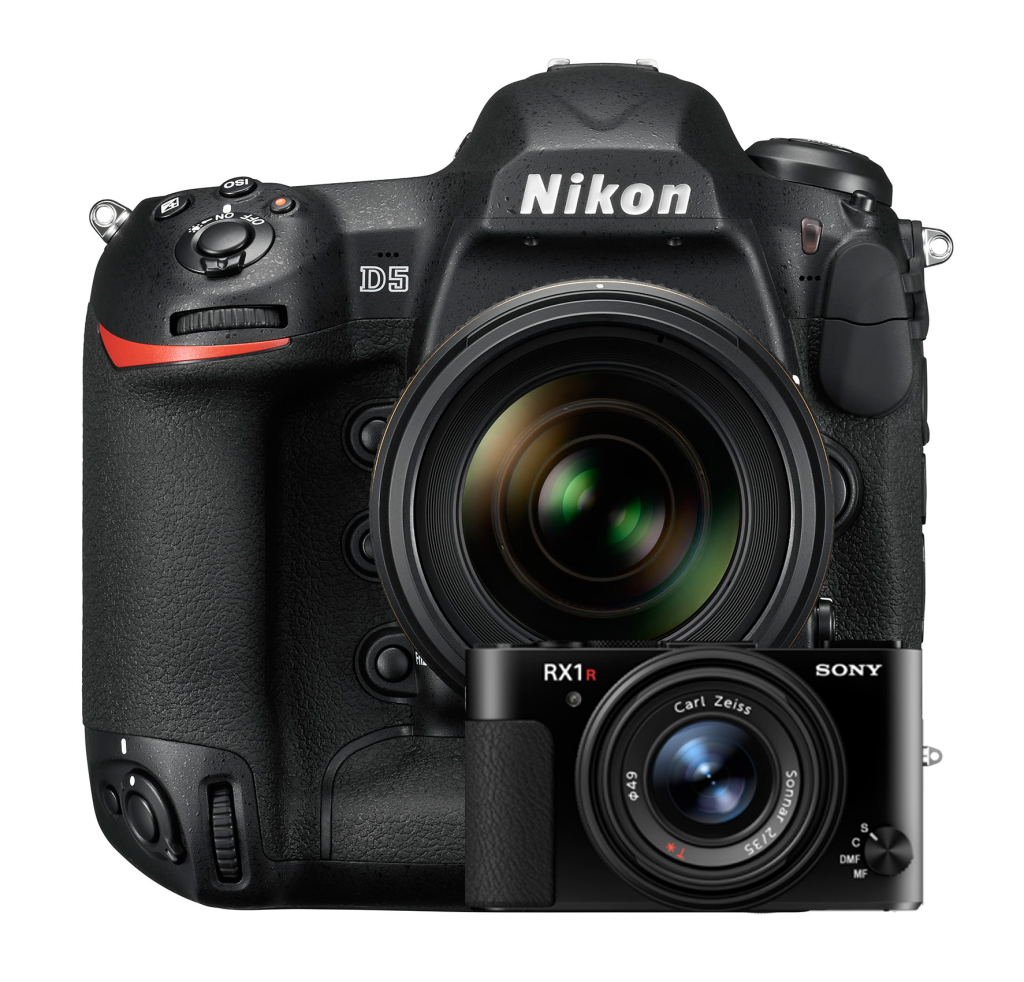Is the RX1R II Too Expensive?

After Sony shut down the RX1R II line, it seemed David and I were the only ones with copies at CES and when shared between drinks and conversation with other photographers, all were impressed for the same reasons we are. When shared with amateur shooters or the curious, the response to the price is usually the same: a pause and wonder if it’s worth it at $3,298.00. For what the camera is and who it targets, I’d argue yes, and for the reasons best expressed by commenters on DP Review when the RX1R was first announced
To those attacking the price of these cameras, please understand that these cameras are for photography lovers who value beautiful photographs and believe that these tools will make them achieve their goals easier. Therefore, these photography lovers don’t mind paying premium and they see the value of these tools. Of course, if your needs are simple, it makes no sense to buy this camera, there are other cheaper, most likely not full frame cameras available in the market. Now, that’s out of the way, I would like to say to you all that I am very excited in this new RX1. I have the first iteration of this camera and I have been enjoying it very much. If I upgrade, I will have the EVF, faster auto-focus and the amazing flexible low pass filter, though I will slightly miss the flash. The 42MB resolution is a good addition as well, though might be too overkill for some. — by Cannotshoot
And
This thing is arguably a bargain.
The RX1 cameras are hand assembled and individually tested and calibrated. The mounting of lens to sensor works to tolerances factory assembled cameras can only dream of. The precision of that pairing is part of the secret of the incredible IQ of the RX1 (R). To get better you need either MFT or absolutely the very best glass available on the very best pro level FF you can find. And even then it is highly doubtful that the IQ will be better. You just don’t get that precision on an interchangeable camera. Now compare the weight/size of that glass and camera. Now compare the price. And you can carry it around in a (largish) pocket. It is no wonder that the RX1 s have the cult like following they have with owner after owner saying it is the best camera they have ever owned.
No, it isn’t the camera for sports and birding and wild life.
The overall build quality is outstanding. My Leica friends are much impressed with its build. Even check the cap. — By Mike Fewster
Being a flagship and what Sony does best, it’s a camera for camera geeks or for someone like me, a blogger who shoots street or occasional landscapes, and wants the most tech in the smallest form factor. Earlier this week, Straitstimes reviewed the RX1R II and found
The only downside is its price. The RX1R II is more expensive than the a7R II (body only) by $900. But if you compare the RX1R II with its nearest competitor, the Leica Q, it is cheaper by $1,000.
That’s a fair comparison and for me we often get too caught up in the camera specs instead of its intent, where it performs best, and how a creative can use it. Having just played with the D5, that thing is amazeballs AND as big as your head. Could probably fit 4 RX1Rs inside of it or maybe 3 A7rs. It’s the absolute best DSLR Nikon has ever made and in that traditional camera form factor. For the compacts, the RX1R II is the best compact Sony has ever made. That’s because of the form and function: from shooting a sunrise over a volcano, to a Maui sunset, and BMXer riding past CES attendees. For what I do, the camera is well worth it because the premium is being paid for size engineering. That does mean, you’re getting less per dollars in features, but not camera.
Your usage and budgets will vary of course, but when Sony makes them available again, I highly recommend it for professional use when compact size is a must. Remember when the MacBook Air first came out, the premium paid was for the size and a lot less power.
Considering camera values, when asked by friends that want a nice upgrade, I also recommend the A6000 at $698.00